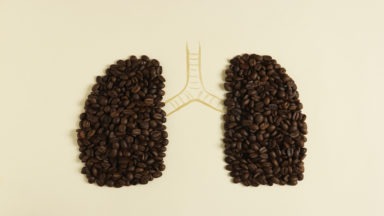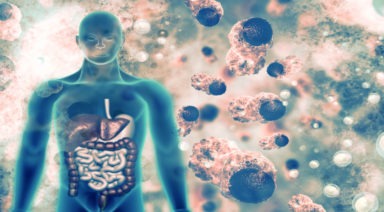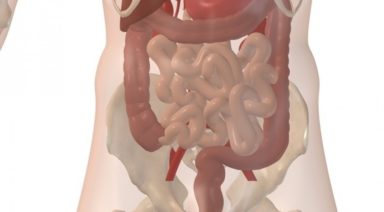Could Cobra Venom Replace Opioids in Treating Chronic Pain?

The King Cobra’s bite can kill you within 30 minutes, however, the same substance has also been developed into a drug that can ease chronic pain that even the strongest synthetic painkillers can’t touch. And today, along with venoms from an array of other creatures, cobra venom is showing great promise in the fight against a number of deadly diseases.
People have used venoms as medicines for thousands of years; Chinese medicine, Ayurveda, and homeopathy, and other traditional systems of medicines have all recognized the potency of venoms and used them to treat pain, inflammation, cardiovascular disease, and more. Western medicine got involved in the early 1980s, when the first venom-derived drug Captopril, was approved by the FDA for use in hypertension. Today, there’s been a resurgence of interest among researchers and the pharmaceutical industry owing to advances in the study of these compounds.
The most recent study out of Florida Atlantic University shows the potential of cone snail venom in treating severe malaria.
Watch more:
Study Shows Intermittent Fasting's Effect on Long Term Memory

With cognitive decline on the rise, a search for solutions has never been more pressing. A groundbreaking recent study on intermittent fasting suggests that the way we time our eating may play a significant role in our brain health.
For thousands of years, people have been fasting for religious and spiritual reasons while reaping a host of physical benefits. Today, however, the standard western diet has left many overfed and undernourished. While fasting practices are not new, there is a host of new research showing they may be an important key to preserving health in a time of disease.
Dr. Edward Group is a naturopathic physician who has been incorporating fasting in his practice for years with great success.
“Fasting is something that has been used for thousands of years actually, and it’s nothing more than really giving your body the time it needs to heal itself,” Dr. Group said. “The human race, right now, probably eats ten times, or more, the amount of food that we need to repair and regenerate.”




































